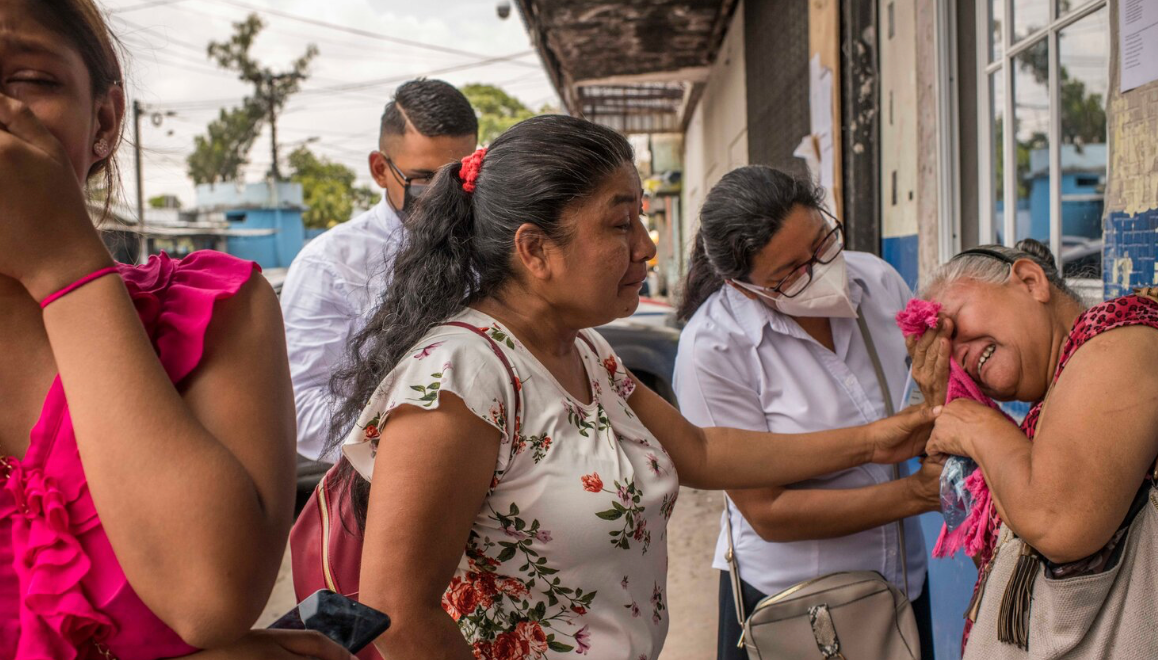Alex, a 10-year-old boy from El Salvador, grapples with the absence of his mother, who was detained by the police while heading to work. His story is one of many, with over 40,000 children experiencing similar separations due to President Nayib Bukele’s aggressive campaign against gangs. Bukele’s approach, aimed at reducing violence, has led to the detention of over 1% of the population, raising concerns about its long-term impact on children and the cycle of violence.
The crackdown, while supported by some for reclaiming neighborhoods from gangs, has left families fractured and children vulnerable to poverty and trauma. Juana Guadalupe Recinos Ventura, a single mother, was detained on vague charges, leaving her children under the care of their grandmother, Maria Concepcion Ventura. Financial strain and emotional distress haunt families like theirs, with children left longing for their parents’ return.
The crackdown has sparked criticism from human rights groups due to alleged abuses and lack of due process. While Bukele’s government claims to provide support through youth programs, families report not receiving aid. Many believe that beyond financial assistance, children need love and stability, which only a family unit can provide.
Despite the government’s efforts to combat gangs, the plight of children like Alex illustrates the broader societal challenges and the potential for a future wave of violence if underlying issues such as poverty and trauma remain unaddressed. As El Salvador grapples with its past and present, the focus remains on ensuring the well-being and future prospects of its most vulnerable citizens—the children caught in the crossfire of a relentless war on gangs.






0 Comments